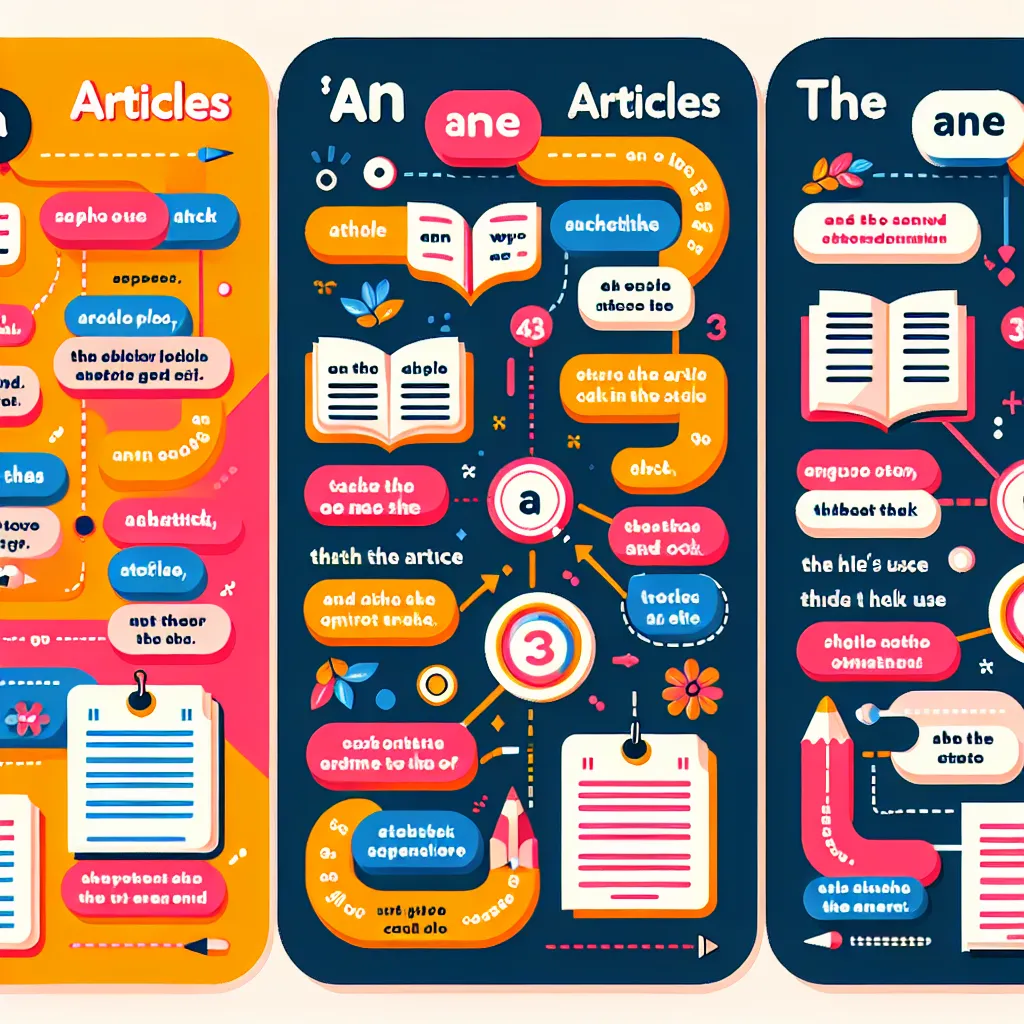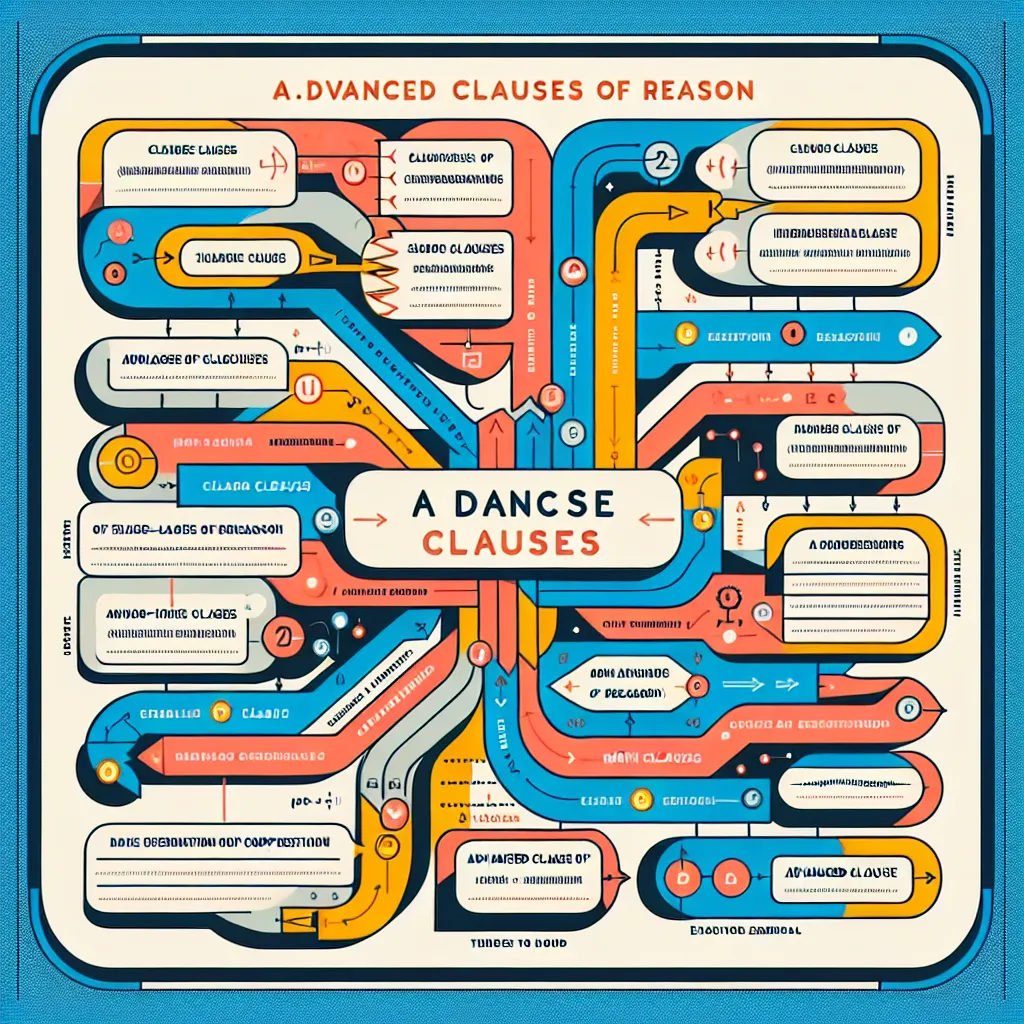English articles – ‘a’, ‘an’, and ‘the’ – are small words that play a crucial role in conveying meaning in English. Mastering their usage is essential for clear and effective communication. This guide will help you understand and use English articles correctly, whether you’re a beginner or looking to refine your skills.
Understanding the Importance of Articles
Articles are determiners that provide context and specificity to nouns. They help listeners or readers understand whether you’re referring to a specific item or a general category. Proper use of articles can significantly improve your English fluency and comprehension.
Types of Articles
- Definite Article: ‘The’
- Indefinite Articles: ‘A’ and ‘An’
 English Articles Usage
English Articles Usage
Rules for Using Articles
1. Using ‘The’
‘The’ is used when referring to specific or particular nouns. It can be used with singular, plural, or uncountable nouns.
Examples:
- The book on the table is mine. (Specific book)
- The United States is a large country. (Unique entity)
- The water in this lake is clear. (Specific water)
2. Using ‘A’ and ‘An’
‘A’ and ‘An’ are used with singular countable nouns when referring to any member of a group or category.
- Use ‘a’ before consonant sounds: a book, a university
- Use ‘an’ before vowel sounds: an apple, an hour
Examples:
- I need a pen. (Any pen)
- She is an engineer. (One of many engineers)
3. Zero Article
Sometimes, no article is needed. This often occurs with plural or uncountable nouns used in a general sense.
Examples:
- Cats are popular pets. (Cats in general)
- Water is essential for life. (Water in general)
Common Mistakes and How to Avoid Them
-
Overusing ‘the’ with general nouns:
Incorrect: The life is beautiful.
Correct: Life is beautiful. -
Forgetting articles with singular countable nouns:
Incorrect: I bought book.
Correct: I bought a book. -
Using ‘a’ instead of ‘an’ before vowel sounds:
Incorrect: He is a honest man.
Correct: He is an honest man.
Practice Exercises
To truly master English articles, regular practice is key. Here are some exercises to help you improve:
- Fill-in-the-blanks: Create sentences with missing articles and fill them in.
- Article correction: Find and correct article errors in given sentences.
- Free writing: Write short paragraphs focusing on correct article usage.
For more advanced practice on complex sentence structures, check out our guide on how to form complex sentences in English.
Tips for Mastering Articles
- Read extensively: Exposure to correct usage in various contexts helps internalize the rules.
- Listen to native speakers: Pay attention to how they use articles in everyday speech.
- Practice regularly: Use apps or online quizzes focused on article usage.
- Learn with context: Understand the meaning behind the use of each article.
For more tips on practicing English grammar at home, visit our guide on practicing English grammar.
Advanced Article Usage
As you progress, you’ll encounter more nuanced uses of articles:
- With proper nouns: Some require ‘the’ (the United Kingdom), while others don’t (France).
- In idiomatic expressions: “in the dark,” “on the contrary”
- With abstract nouns: Sometimes used, sometimes not (e.g., “the freedom of speech” vs. “freedom is important”)
For those looking to delve deeper into advanced English grammar, explore our resources for advanced English grammar.
Conclusion
Mastering English articles takes time and practice. Remember, even native speakers occasionally make mistakes with articles. The key is consistent practice and exposure to correct usage. As you continue to improve, you’ll find that proper article usage becomes more intuitive.
For those preparing for English proficiency tests or looking to improve their English for specific industries, don’t forget to check our guides on how to improve English for specific industries and mastering the use of articles in English for more targeted advice.
Keep practicing, stay patient, and you’ll see improvement in your article usage and overall English proficiency. Happy learning!




